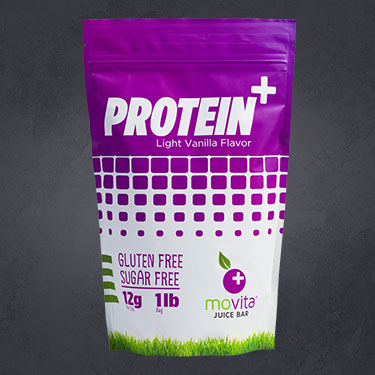
We don’t eat rocks or dirt, but did you know that they are actually an important part of the food chain? Minerals in the earth are absorbed by water and plants, and then we absorb those same minerals when we eat plants or drink water. We also get minerals when we eat or drink foods that come from animals that consumed the mineral-rich plants and water.
Minerals are micronutrients. There are 15 different minerals that can be divided into two primary groups.
- You need rather large amounts of macrominerals like calcium, phosphorus, magnesium, sodium, potassium, chloride, and sulfur.
- Trace minerals are needed in smaller amounts. These include include iron, manganese, copper, iodine, zinc, cobalt, fluoride, selenium, and molybdenum.
All minerals are essential to good health, and just because we need smaller amounts of trace minerals doesn’t mean they’re any less important.
What Do Minerals Do?
Minerals work in our bodies in two ways. Many minerals support cells and structures in the same way that nails and screws support the walls of your house. For example, calcium and phosphorus help build bones, and iron is an essential part of red blood cells.
Minerals also help regulate many body processes. For example, sodium and potassium are important to the nervous system and selenium works with vitamin E as an antioxidant, preventing cell damage.
Minerals in Food
Some minerals are easier to absorb from animal foods than plant foods. This means that vegetarians need to consume larger amounts of plant foods for optimum mineral intake. Minerals are generally unchanged by cooking, canning, and freezing. However, processing foods can remove key minerals from the equation.
Balancing Minerals
Balancing minerals well promotes overall health. Getting too little of some minerals can lead to deficiencies like anemia, weak bones, or impaired thyroid function. Getting too much of some minerals can lead to imbalances or even cause health problems. Excessive mineral intake usually comes from supplements. A mineral supplement is not a substitute for a healthy diet, and you should only take supplements if they have been recommended by your physician for specific health concerns.
DISCLAIMER: These statements have not been evaluated by the FDA. The information is for informational purposes and is not intended to treat, diagnose or cure any illness. Consult a physician before taking any action.
Want to contribute great content?
We are looking for contributors provide our readers with great healthy content to encourage positive living. If you're interested in becoming a contributor pease email us at blog@movitajuicebar.com



